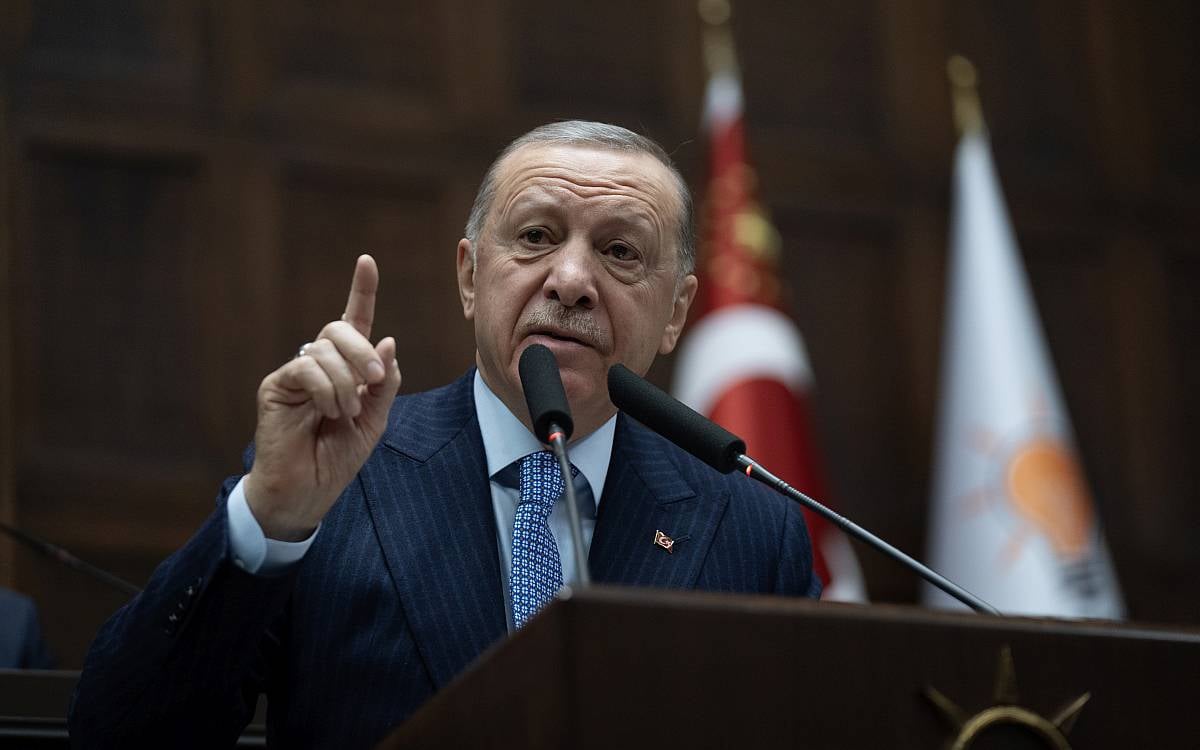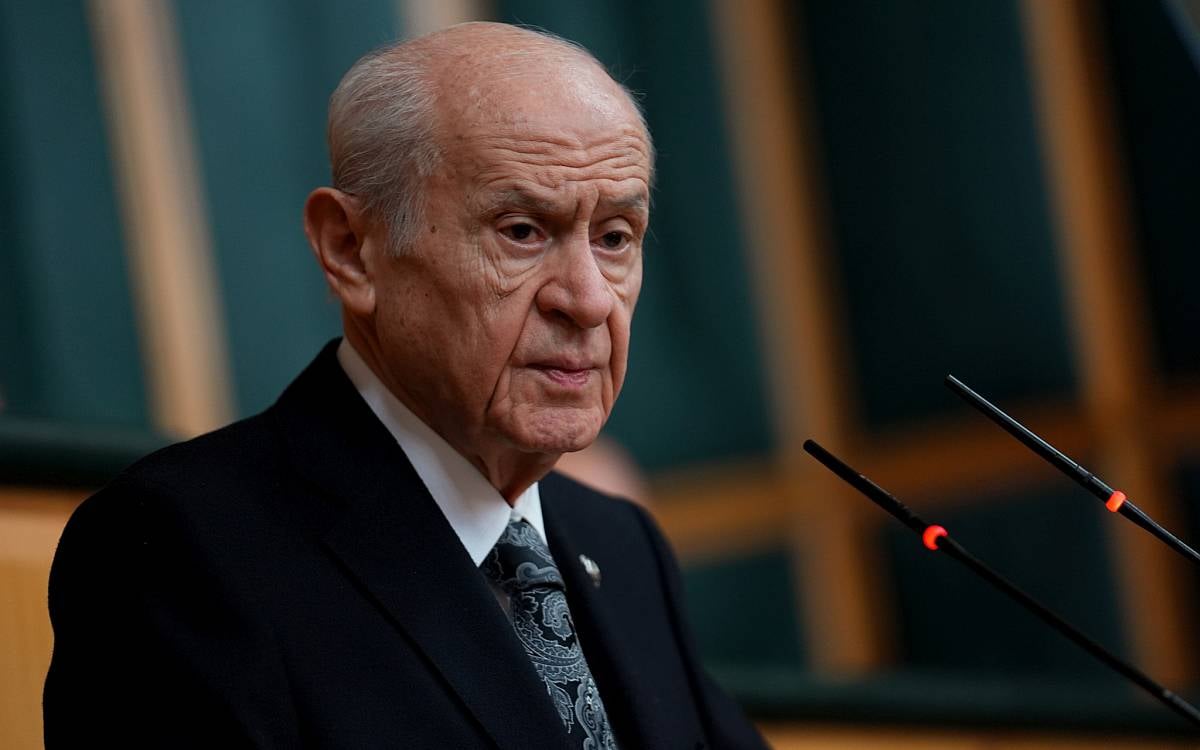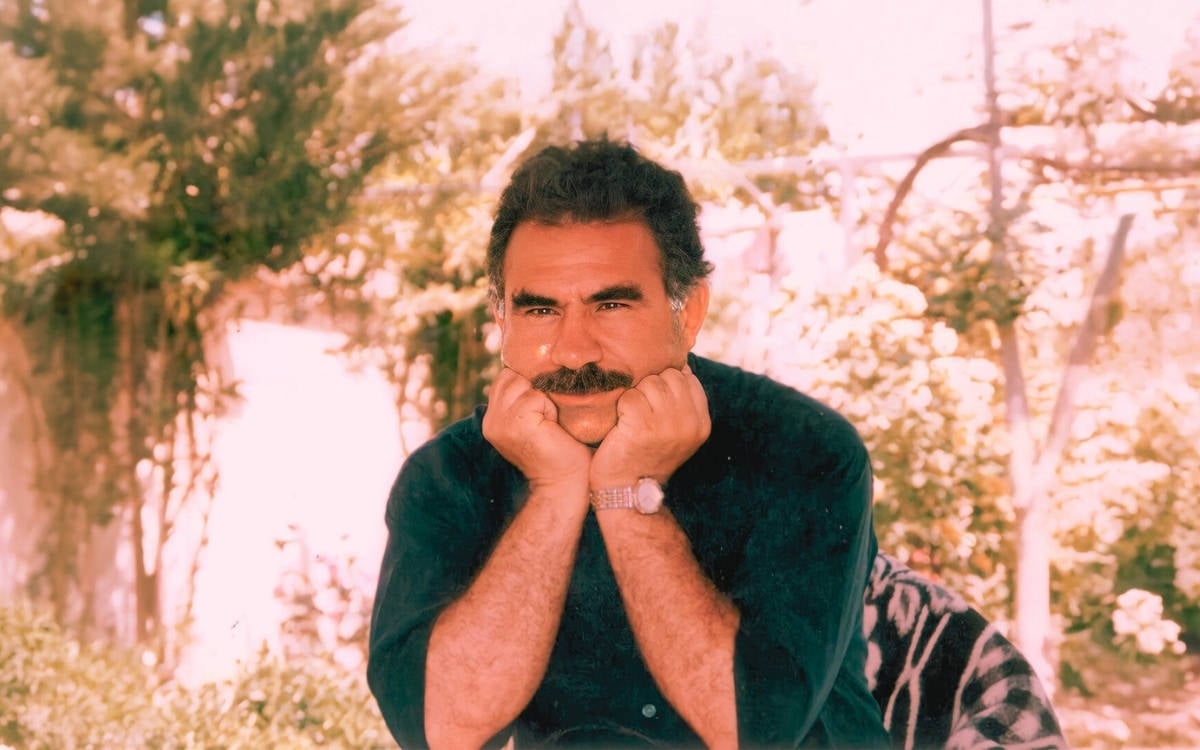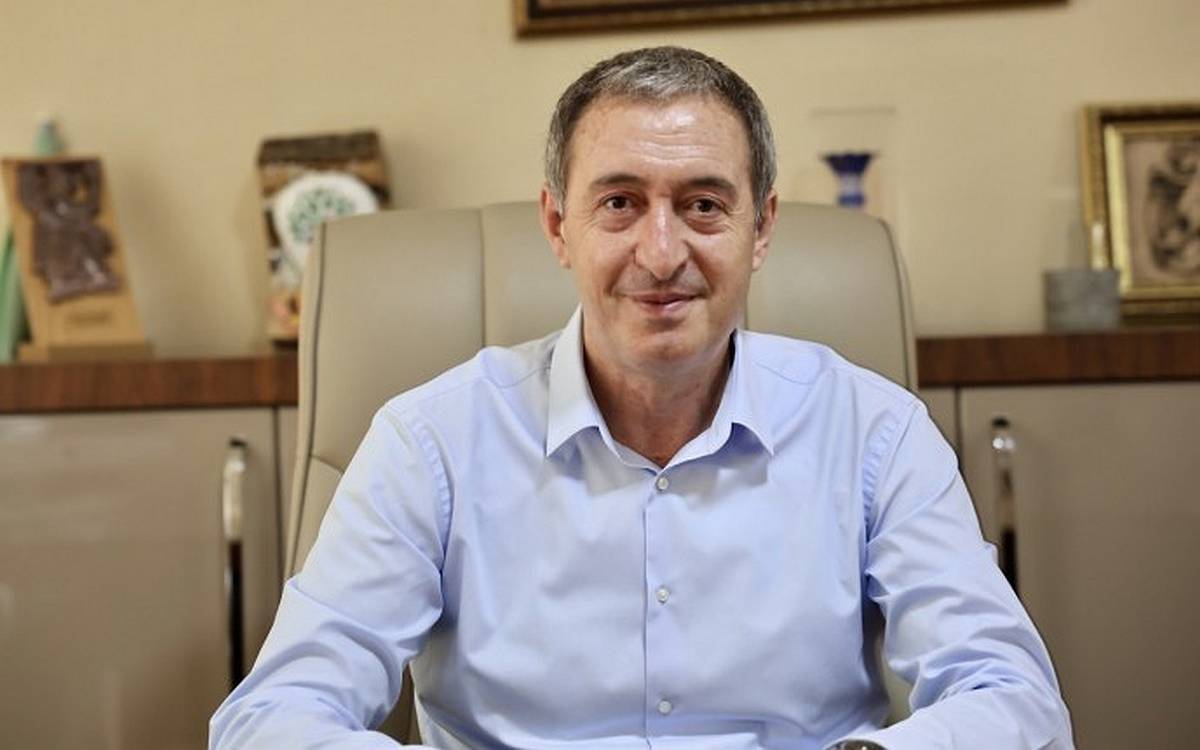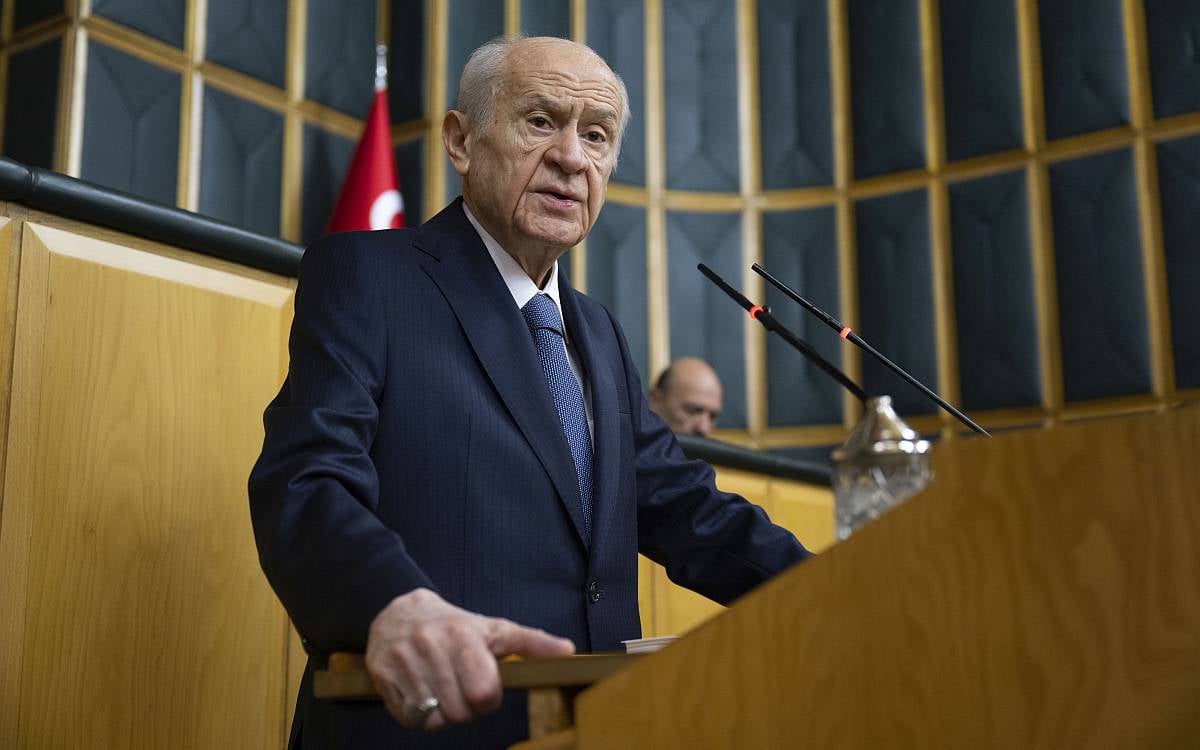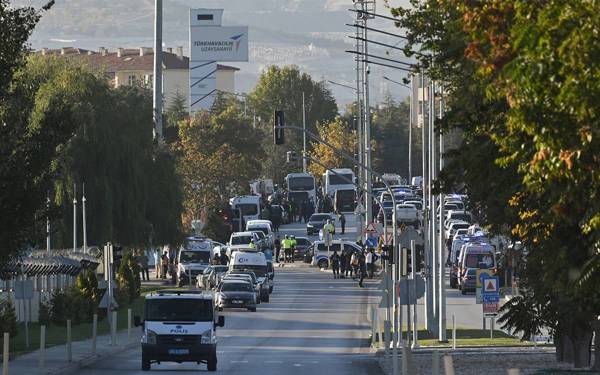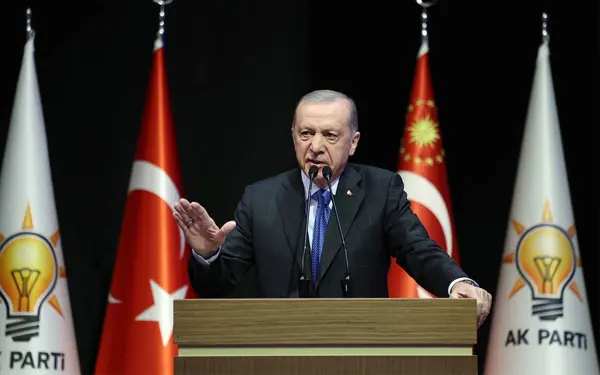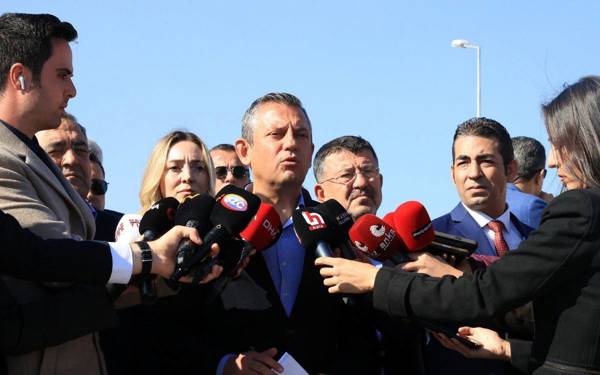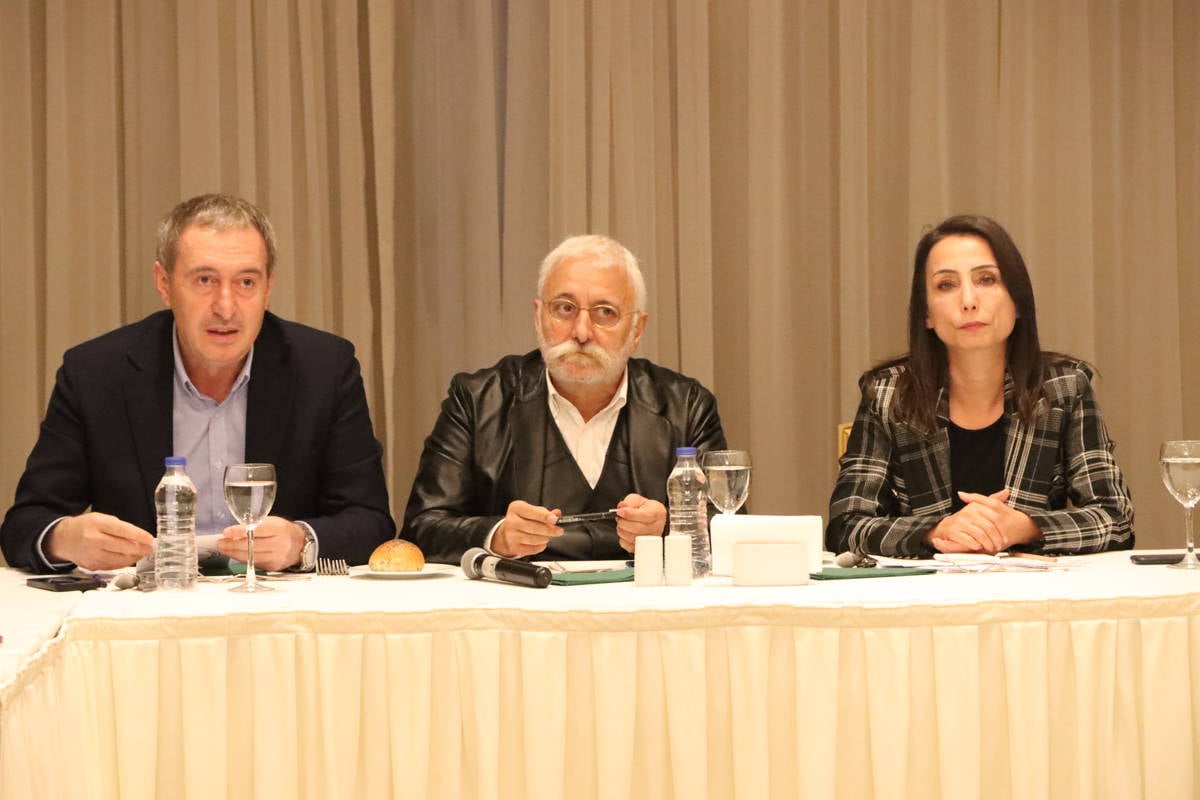DEM Party discusses PKK leader Öcalan’s ‘isolation’ with Justice Ministry

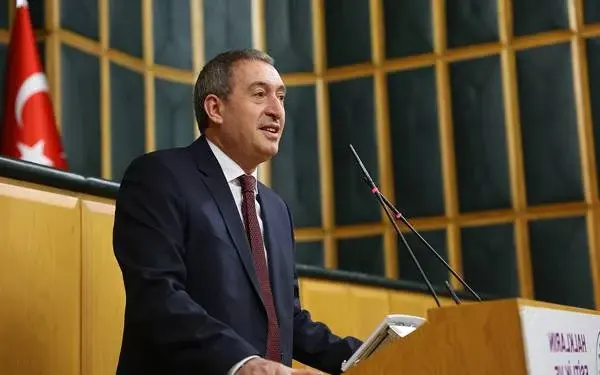
The pro-Kurdish Peoples’ Equality and Democracy (DEM) Party has held talks with the Justice Ministry regarding the prison conditions of Kurdistan Workers’ Party (PKK) leader Abdullah Öcalan, the party’s co-chair has announced.
Responding to reporters after a parliamentary group meeting, Bakırhan said, “There were talks with the Justice Ministry regarding the removal of the isolation of Öcalan.”
He added, “It would benefit us all if the isolation is lifted. Because Mr. Öcalan is really expressing his ideas for a democratic ground. The ideas coming from there will contribute to the ground for peace and democracy.”
Bakırhan’s comments follow Öcalan’s first family visit in four and a half years on Oct 24, where he met his nephew and DEM Deputy Ömer Öcalan. The PKK leader, under strict isolation since the collapse of a peace process in 2015, has rarely been permitted visits from family or legal representatives. During last week’s meeting, Öcalan expressed his readiness to contribute to a democratic solution in Turkey.
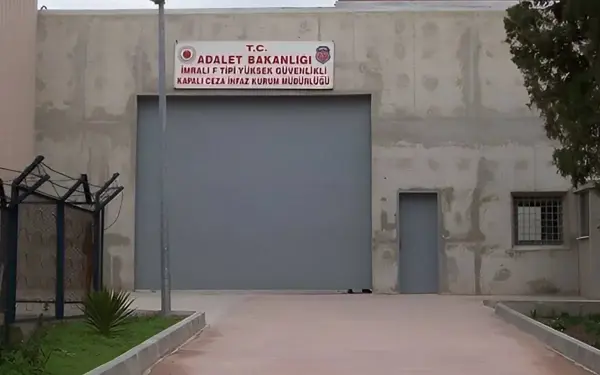
Öcalan's message: İmralı Island, possibilities, opportunities
Öcalan’s isolation has come under renewed scrutiny following recent peace discussions initiated by Nationalist Movement Party (MHP) leader Devlet Bahçeli, who proposed on Oct 22 that Öcalan might address the parliament and formally disband the PKK. In such a case, Bahçeli suggested that Öcalan could be granted the “right to hope,” which could lead to his possible release.
When asked about this, Bakırhan remarked, “This ‘right to hope’ wasn’t our invention,” Bakırhan clarified, noting that the ECtHR’s Öcalan ruling includes this element.
“The right to hope applies not only to Öcalan but also to others in similar circumstances,” he added.
‘A chance to correct past mistakes’
Bakırhan emphasized the importance of using Turkey’s second century as an opportunity to resolve longstanding societal issues.
“This is a serious chance to correct past mistakes,” he stated. “The Republic must reconcile not only with Kurds but also with Alevis, and all other communities it has marginalized, as well as democracy and freedoms.”
For lasting peace, Bakırhan stressed, “the freedom of Kurds and Turkey’s democratization are essential.”
He highlighted the suffering endured by various groups over the past century, adding, “It was not only Kurds who bore this pain; Armenians, Alevis, Syriacs, Muslims, and many other peoples and faiths also faced oppression together.” (VK)




